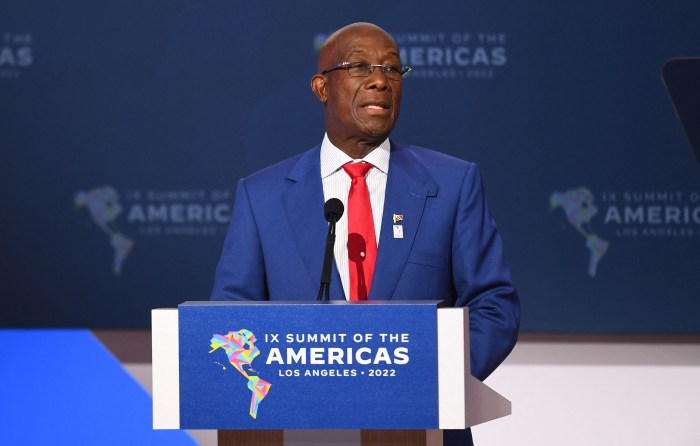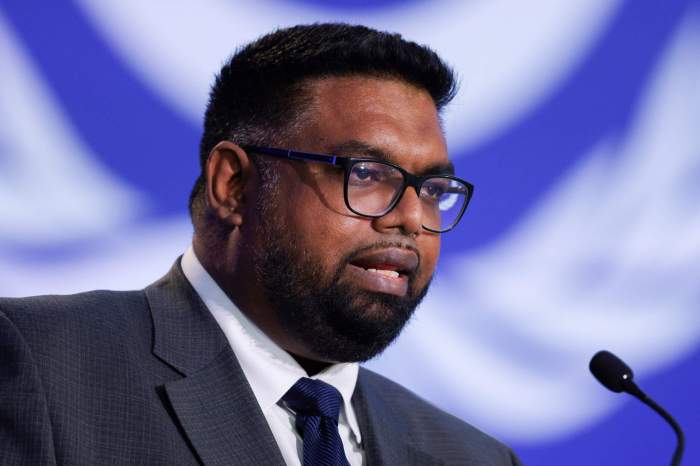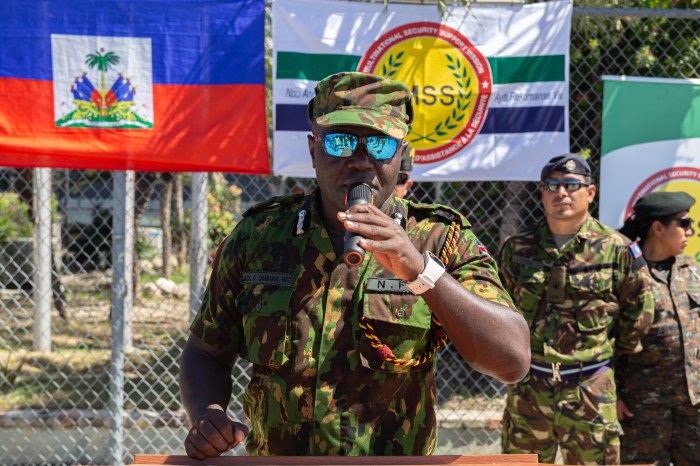As some Caribbean Community countries including Jamaica move to slightly ease Covid-19 restrictions, the situation in the big three nations in the south continues to deteriorate rapidly with deaths and positive cases spiking and as some medical institutions run out of available beds.
Trinidad, Guyana and Suriname this week all reported record numbers of fatalities in May and most in government and the medical fraternity believe that the situation will get appreciably worse before it gets better.
So dreadful is the case in Suriname that the umbrella Chamber of Commerce has donated a large assembly hall to the government to be used as a special makeshift hospital as most of the regular facilities are running out of space. The administration of President Chan Santokhi last week put aside any lingering national pride relating to its former colonizer and asked The Netherlands to send a team of doctors and other specialists to beef up the local capacity. Santokhi also asked The Hague to send a shipment of medical oxygen tanks to be used to treat patients. As well, authorities have sourced a shipment from neighboring French Guiana. That arrived earlier this week and was plunged into use immediately.
For May, 98 Surinamese died from Covid and 11 on June 1, signaling that the trend is headed upwards rather than down. The country of about 500,000 people is in a full lockdown until June 18th, at least the third since cases were first diagnosed in March of 2020.
Minister of Health, Amar Ramadhin said the country was in dire straits and hospitals were now only required to admit patients with life threatening situations as capacity was severely limited.
“The situation is still worrying. Now we are facing a 45 percent infection rate. There are still between 200 and 300 infections every day. All operations and admissions have been postponed until further notice. The emergency department is only intended for emergencies. All other patients must see their practitioner. The sick may only be visited by one person,” he said.
In Trinidad, highly unusual special 10:00 am curfews have been implemented for two national holidays this week and others in the coming days to curb social interaction as cases spike.
A total of 326 people died in the twin-island republic with Tobago last month as the main representative bodies have thrown their support behind practically any measures the Keith Rowley cabinet has instituted. This included a nighttime curfew and severe restrictions on gyms, exercising, clubs and sporting events among others. Several high profile individuals have perished in Trinidad including six police officers and a very muscular former national body building champ. Their deaths have helped officials to point to the seriousness of the disease and to argue that the virus spares no one.
So far, the republic has recorded 507 deaths with 12 on Tuesday. Medical doctor, Maryam Abdool-Richards pointed to the fact that younger citizens are dying in increasing numbers.
“The situation is very disturbing and very concerning. We are not just seeing deaths amongst the elderly population and persons with pre-existing conditions, but we are seeing deaths even among the age group of the 30s,” Newsday quoted her as saying.
Authorities there have blamed anti-crime vigils and increased social interaction during the Easter weekend for the latest spike, among other reasons. Until then, the situation had been under control relatively.
Meanwhile in Guyana, May has also proven to be a deadly if not frightening month for the country. This is even as authorities there have refused to take any new measures to restrict public interaction. Municipal markets, stores and wide open car parks are crammed with people and locals could party carefree all day until the curfew begins at 10.30 pm.
For last month, 92 people died including prominent journalist, Mondale Smith and a young attorney but doctors are calling attention to the fact that a 17-year-old is now the youngest to have perished. Minister of Health, Frank Anthony said he was heartened that about 25 percent of the population was now vaccinated and supplies were adequate and available. The total death count to date is 391.



























